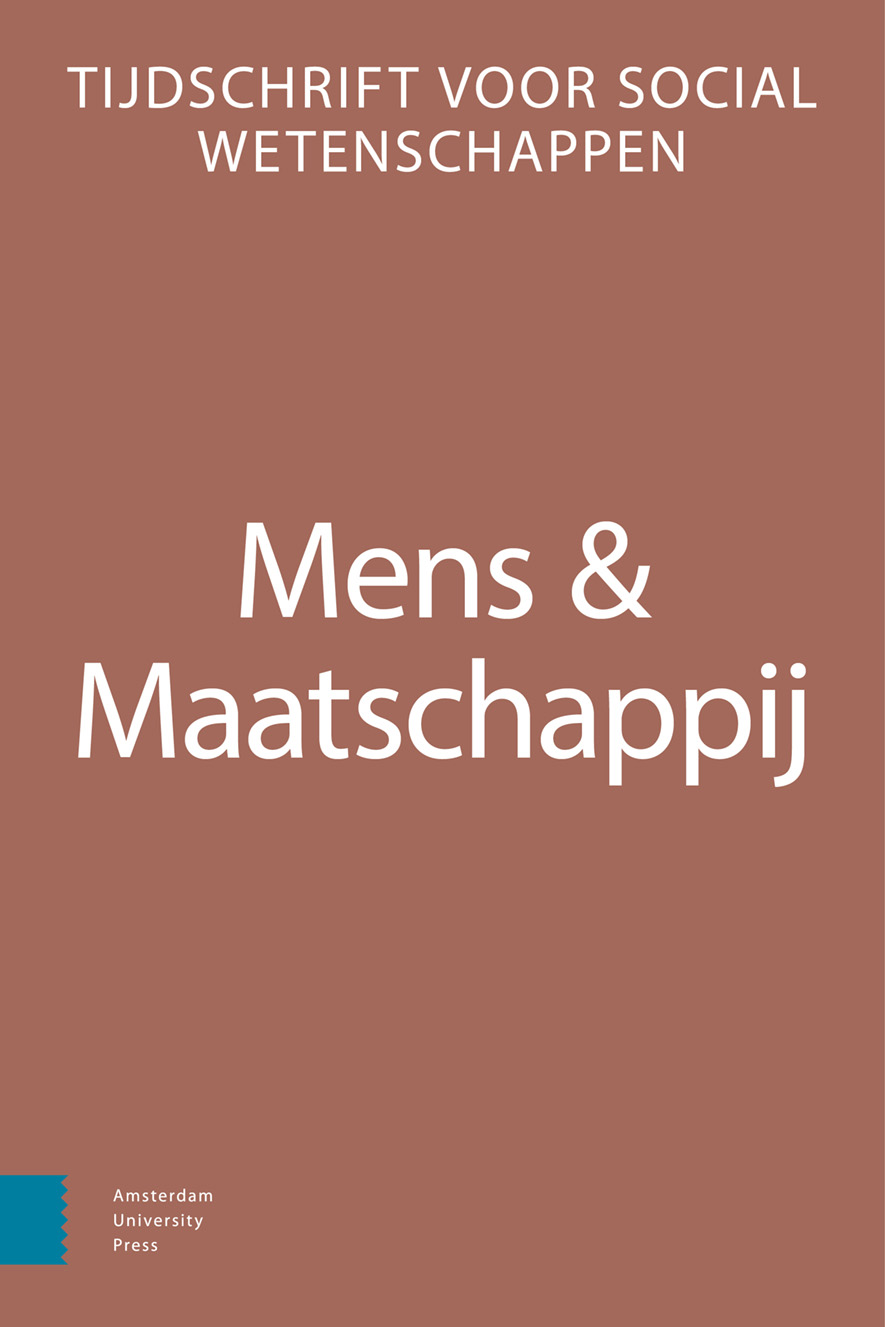-
oa Seksueel-ethische permissiviteit: trends in Nederland 1981-2017
- Amsterdam University Press
- Source: Mens & Maatschappij, Volume 94, Issue 4, Nov 2019, p. 429 - 458
-
- 01 Nov 2019
Abstract
In this study, we explore trends in sexual-ethical permissiveness in the Netherlands during the last decades. Using Dutch data from the European Values Study (1981-2017), we show that tolerance towards homosexuality, abortion, divorce, euthanasia, and suicide increased in this period. About a third of this trend can be explained by cohort replacement: because younger, more permissive cohorts slowly replace older, less permissive cohorts, the moral climate in society changes. In turn, the differences in sexual-ethical permissiveness between cohorts can be explained by differences in level of education, church attendance and religious socialization. At the same time, the results of the counterfactual analyses show that all groups in Dutch society, including the lower educated and churchgoers, have become more permissive about sexual-ethical aspects of life. Apparently, a moral progressive consensus is present in the Netherlands. Finally, our results show that the youngest cohort, born between 1990 and 1999, appears somewhat less permissive than older cohorts. If these more conservative moral convictions persist in the future and are present in new generations as well, there may be a cultural backlash.


